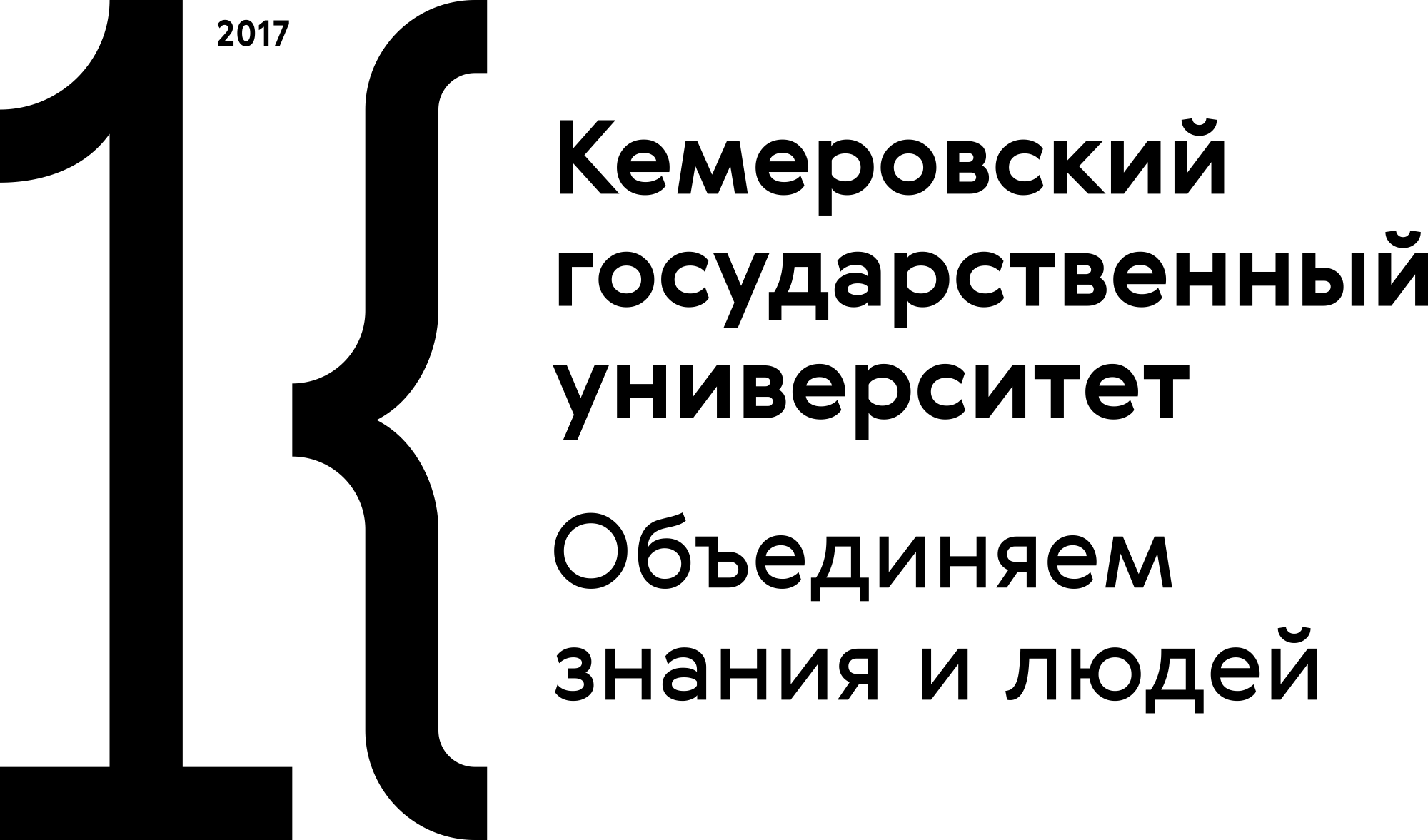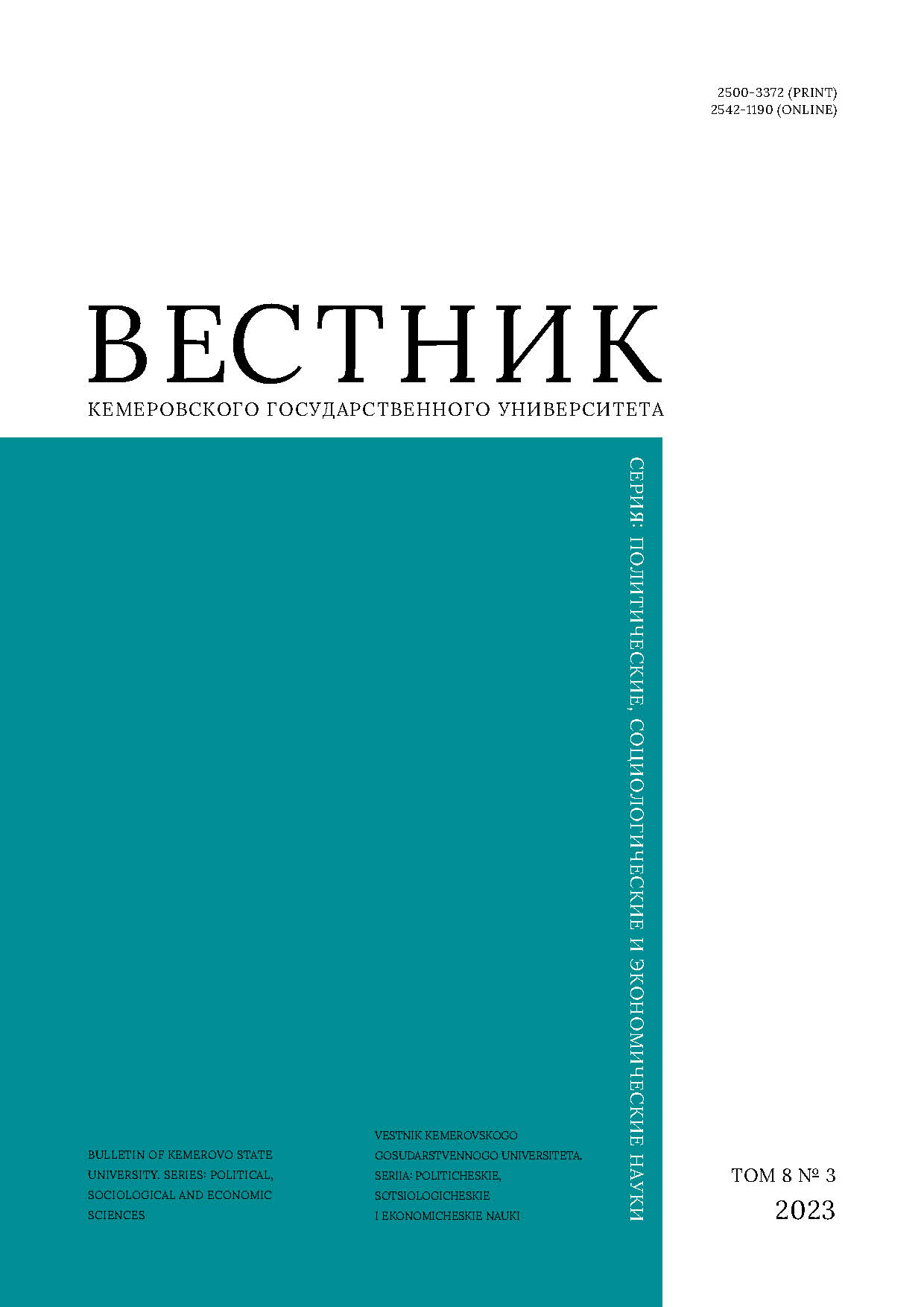from 01.01.2022 to 01.01.2023
St. Petersburg University
St. Petersburg, St. Petersburg, Russian Federation
The author analyzes the internationalization of European far right civil societies as non-traditional political actors that engage in international relations creating ideological networks. The purpose of the article is to reveal the role of European fascist civil societies in international ideological activism as a response to a perceived cultural war against globalism and cultural Marxism of left internationalists. The article analyzes and comprehensively defines the issue of the cultural war in the West and describes the characteristics of Spanish fascist civil societies as non-traditional political actors exposing their perspective as cultural war revolutionaries. Attempts to create international far right networks by Spanish actors are studied based on the analysis of The Militant – The Cultural War, the manifesto published by the Spanish fascist civil society European Future in February 2023. A discourse analysis of this document exposes the ideological narratives of this group that can help to create a theoretical framework of the cultural war concept for European far right politics. The results demonstrate that European far right activists consider there is an ideological war against Marxists and other leftist groups. Activists of the European Future see themselves as far right revolutionaries capable of causing an ideological revolution in European democracies. The manifesto serves as a tool to call out to other European far right activists of the continent to join them. The results can contribute to future research of ideological extremism and European far right activism.
civil society, cultural war, far right, fascist ideology, information warfare, internationalism, political extremism, woke ideology
1. Greskovits B. Rebuilding the Hungarian right through conquering civil society: the Civic Circles Movement. East European Politics, 2020, 36(2): 247-266. http://doi.org/10.1080/21599165.2020.1718657
2. Volk S. Resisting "leftist dictatorship"? Memory politics and collective action framing in populist far-right street protest. European Politics and Society, 2022. http://doi.org/10.1080/23745118.2022.2058756
3. Castelli Gattinara P., Froio C. Politicizing Europe on the far right: Anti-EU mobilization across the party and non-party sector in France. Social Movement Studies, 2022, 21(1-2): 199-215. http://doi.org/10.1080/14742837.2021.1944851
4. Masayev M. V., Razbeglova T. P. About some aspects of the cultural war phenomenon. Discourse-P, 2016, (23): 61-67. (In Russ.) https://www.elibrary.ru/wagwef
5. Rogozhkin A. Culturological concept "war of cultures" and "cultural wars". Kultura v fokuse nauchnykh paradigm, 2017, (5): 45-50. (In Russ.) https://www.elibrary.ru/nriijt
6. Thomson I. T. Culture wars and warring about culture. Culture wars and enduring American dilemmas. University of Michigan, 2010, 1-30. https://doi.org/10.2307/j.ctt22p7hg8.3
7. Isaacs R., Wheatley J., Whitmore S. Culture wars in the Post-Soviet space. Europe-Asia Studies, 2021, 73(8): 1407-1417. http://doi.org/10.1080/09668136.2021.1972581
8. Borg S. Cancelling the West. Transatlantic relations in the era of culture wars. Global Affairs, 2021, 7(3): 311-325. http://doi.org/10.1080/23340460.2021.1952469
9. Cox R. W. Gramsci, hegemony and international relations: an essay in method. Millenium: Journal of International Studies, 1983, 2(12): 162-175. https://doi.org/10.1177/03058298830120020701
10. Albares Gomez N. El concepto de hegemonia en Gramsci: una propuesta para el análisis y la acción política. Revista de Estudios Sociales Contemporáneos, 2016, 15: 150-160.
11. Kharlamov V. S. Fascistization of modern Ukraine. Criminology: Yesterday, Today, Tomorrow, 2015, (2): 50-54. (In Russ.) https://www.elibrary.ru/ucnool
12. Antonchenko V. V. Fascization of the state and law. Lex Russica, 2022, 75(9): 55-65. (In Russ.) https://doi.org/10.17803/1729-5920.2022.190.9.055-065
13. Lindekilde L., O’Connor F., Schuurman B. Radicalization patterns and modes of attack planning and preparation among lone-actor terrorists: an exploratory analysis. Behavioral Sciences of Terrorism and Political Aggression, 2019, 11(2): 113-133. https://doi.org/10.1080/19434472.2017.1407814
14. Gardell M. Urban terror: The case of lone wolf Peter Mangs. Terrorism and Political Violence, 2018, 30(5): 793-811. https://doi.org/10.1080/09546553.2018.1444796
15. Theron J. Networks of threats: interconnection, interaction, intermediation. Journal of Strategic Security, 2021, 14(3): 45-69. https://doi.org/10.5038/1944-0472.14.3.1942
16. Knott K., Lee B. J. Ideological transmission in extremist contexts: towards a framework of how ideas are shared. Politics, Religion & Ideology, 2020, 21(1): 1-23. https://doi.org/10.1080/21567689.2020.1732938
17. Lee B., Knott K. Fascist aspirants: Fascist Forge and ideological learning in the extreme-right online milieu. Behavioral Sciences of Terrorism and Political Aggression, 2022, 14(3): 216-240. https://doi.org/10.1080/19434472.2020.1850842
18. Mølmen G. N., Ravndal J. A. Mechanisms of online radicalisation: how the Internet affects the radicalisation of extreme-right lone actor terrorists. Behavioral Sciences of Terrorism and Political Aggression, 2023, 15(4): 463-487. http://doi.org/10.1080/19434472.2021.1993302
19. Törnberg A., Nissen A. Mobilizing against Islam on social media: hyperlink networking among European far-right extra-parliamentary Facebook groups. Information, Communication & Society, 2022. https://doi.org/10.1080/1369118X.2022.2118546
20. Froio C., Ganesh B. The transnationalisation of far right discourse on Twitter. European Societies, 2019, 21(4): 513-539. http://doi.org/10.1080/14616696.2018.1494295
21. Ganesh B., Froio C. "Europe des Nations": far right imaginative geographies and the politicization of cultural crisis on Twitter in Western Europe. Journal of European Integration, 2020, 42(5): 715-732. http://doi.org/10.1080/07036337.2020.1792462
22. Trillò T., Shifman L. Memetic commemorations: remixing far-right values in digital spheres. Information, Communication & Society, 2021, 24(16): 2482-2501. https://doi.org/10.1080/1369118X.2021.1974516
23. Ramos M. De los neocón a los neonazis. La derecha radical en el Estado español. Madrid: Rosa Luxemburg Stiftung, 2021, 514.

















